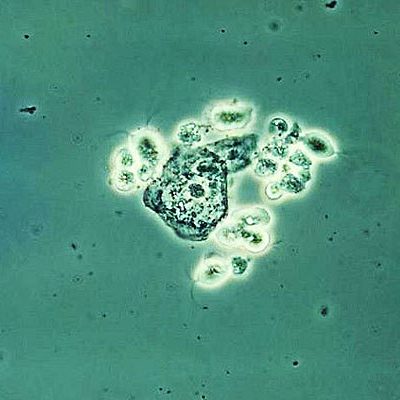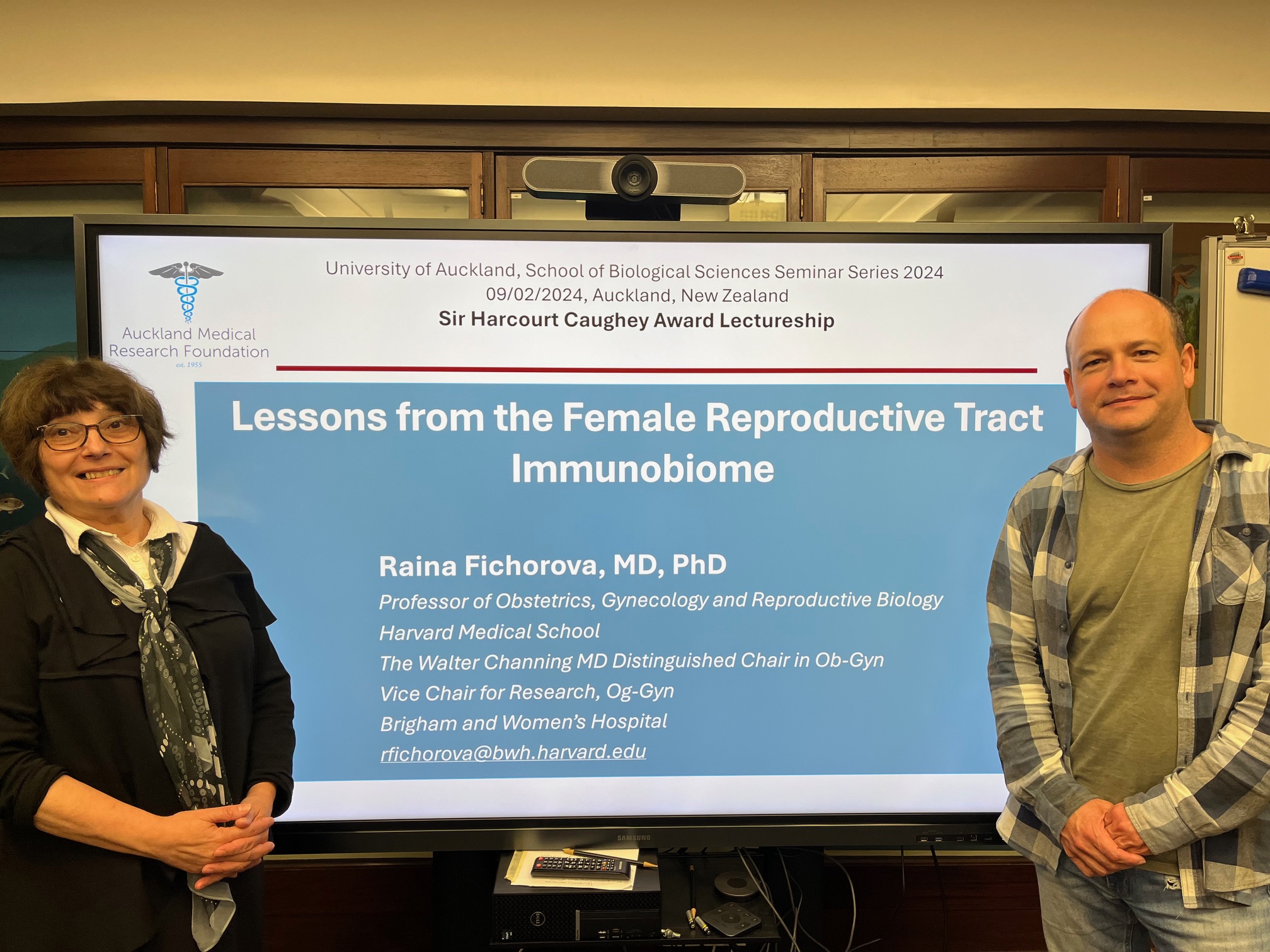Brigham and Women’s Hospital is ranked #1 in the nation for Obstetrics and Gynecology by U.S. News & World Report…

The HARVARD Gazette: When Parasites Catch Viruses
When humans have parasites, the organisms live in our bodies, co-opt our resources, and cause disease. However, it turns out that parasites themselves can have their own co-habitants.
Researchers from Harvard Medical School, Brigham and Women’s Hospital, and State University of New York (SUNY) Upstate Medical University have found that the pathogenicity of the sexually transmitted protozoan parasite Trichomonas vaginalis — the cause of trichomoniasis — is fueled by a viral invader. Trichomoniasis infections are more common than all bacterial sexually transmitted diseases (STD) combined. Annually, trichomoniasis affects nearly 250 million people, typically as vaginitis in women and urethritis in men.
“Trichomoniasis is associated with devastating consequences for women due to inflammation and related risks of reproductive disease,” said Raina Fichorova, leader of the research team as well as associate professor of obstetrics, gynecology, and reproductive biology at Brigham and Women’s Hospital. “Our future goal is to determine how the viral symbiont and its inflammatory ‘halo’ affect the risk of preterm delivery and low birth weight.”
Source: The Harvard Gazette


